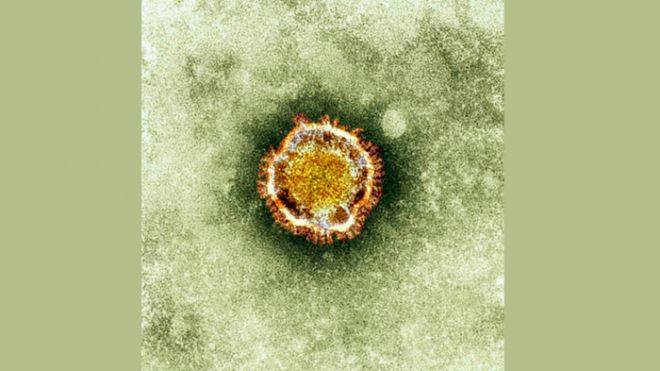The Guardian newspaper published an interview with Michael Douglas on Sunday, in which the 68-year-old actor said his throat cancer hadn’t been caused by drinking or smoking – but by having oral sex. “Without wanting to get too specific, this particular cancer is caused by HPV, which actually comes about from cunnilingus,” Douglas told the British newspaper.  Douglas also went on to speculate that the stress of his son Cameron’s incarceration might have helped trigger the cancer as well. While a representative for Douglas maintains the actor did not specifically say oral sex was the cause of his cancer, the conversation still begs the question: Does having oral sex play a role in the development of oral cancer? While a connection between the two may seem bizarre, it is very possible that some oral cancers are the end result of intimate sexual contact. Rates of oral cancer – sometimes referred to as head and neck cancers – have been on the rise over the past decade.  While the main risk factors for oral cancers typically include drinking alcohol and smoking, around 25 percent of mouth and 35 percent of throat cancers are related to human papilloma virus (HPV) infection. “(HPV) is present within the fluids that are part of oral sexual behavior,” Dr. Marshall Posner, director of the head and neck oncology program at Mount Sinai Hospital in New York City, told FoxNews.com. “The vaginal fluids and semen will contain epithelial cells that have the virus on them and also free viral particles that can cause infection.” HPV cannot be transmitted through blood contact, but Posner said it may be possible to contract the virus from the direct contact of fluids through kissing. This can occur if an individual kisses someone who previously performed oral sex on someone else who had the virus. “If the virus is present in the oral pharynx and if it gets secreted in the saliva, then the saliva will contain potentially dangerous viral particles,” Posner said. There are more than 100 different types of HPV, and nearly everyone contracts some form of the virus in their youth.  Fortunately, the majority of HPV strains do not cause any symptoms, and in 90 percent of cases, the infection is naturally eradicated from the body within two years. However, some HPV types can cause genital warts, while others may lead to certain cancers in rare cases. HPV 16 and HPV 18 – which are sexually transmitted – are most closely associated with HPV-positive oropharyngeal cancer. According to Posner, 3 percent of adult males and 1 percent of adult females will have detectable HPV 16 in their saliva at any given moment in time.  However, just because HPV is detected in a sample of someone with oral cancer does not necessarily mean HPV caused the cancer.  According to the National Health Service in Britain, the virus becomes part of the pre-existing cancer cells’ genetic material, fostering the cells to grow. Oropharyngeal cancer symptoms include a lump in the back of the throat or mouth, pain in the ear or back of tongue, and difficulty swallowing. While the prognosis for HPV-negative oropharyngeal cancer is around 40 to 50 percent, the survival outcomes are generally better for HPV-positive cancers, ranging from 80 to 95 percent.  However, that prognosis is affected by drinking and smoking, which may have been a problem for Douglas. In the United States, HPV-related oropharyngeal cancer represents 60 percent of the total number of orapharyngeal cancer cases, which equal to about 15,000 per year.  Posner estimated that those cases will increase to 20,000 a year by the year 2015. While researchers cannot fully explain the rising rates of these cancers, one of the biggest risk factor for contracting HPV-positive oroharyngeal cancer includes having a high number of sexual partners, Posner said. “In smoking cigarettes and cancer, it doesn’t matter what brands you smoked, it matters how many you smoked,” Posner said.  “With HPV, it’s about the number of ‘brands’ you’ve been involved with. If you have numerous partners, you have a much higher risk of developing cancer. So (monogamous) people should go ahead and have the same intimate and personal relationship that they have with their partners and not be worried about it.” For those looking to protect themselves from contracting dangerous forms of HPV, practicing safe sex by using protection such as condoms and dental dams may help to diminish the spread of sexually transmitted diseases.  Posner also called for parents to get their children – including young boys –vaccinated against HPV. “I think people should make every effort to have children vaccinated, so I don’t have to treat this in the future,” Posner said.  I think it’s very important and to cure cancer we have to support research – it’s the best way we have to figure out how to cure this. Click to learn more about HPV from Mount Sinai Hospital.source : http://www.foxnews.com/health/2013/06/03/michael-douglass-reveal-can-get-throat-cancer-from-oral-sex/


